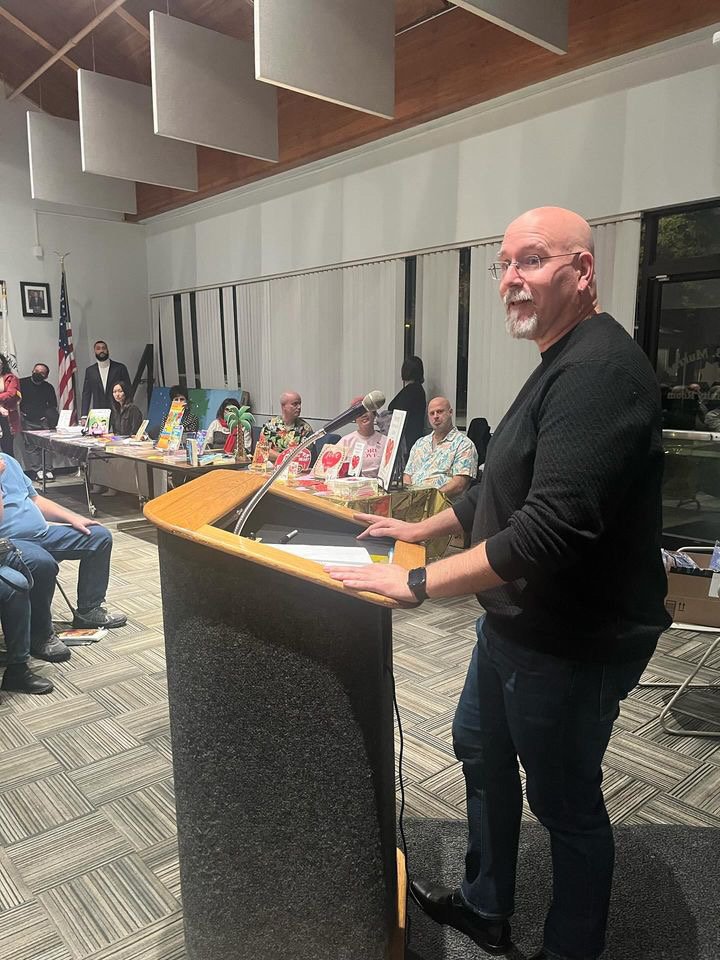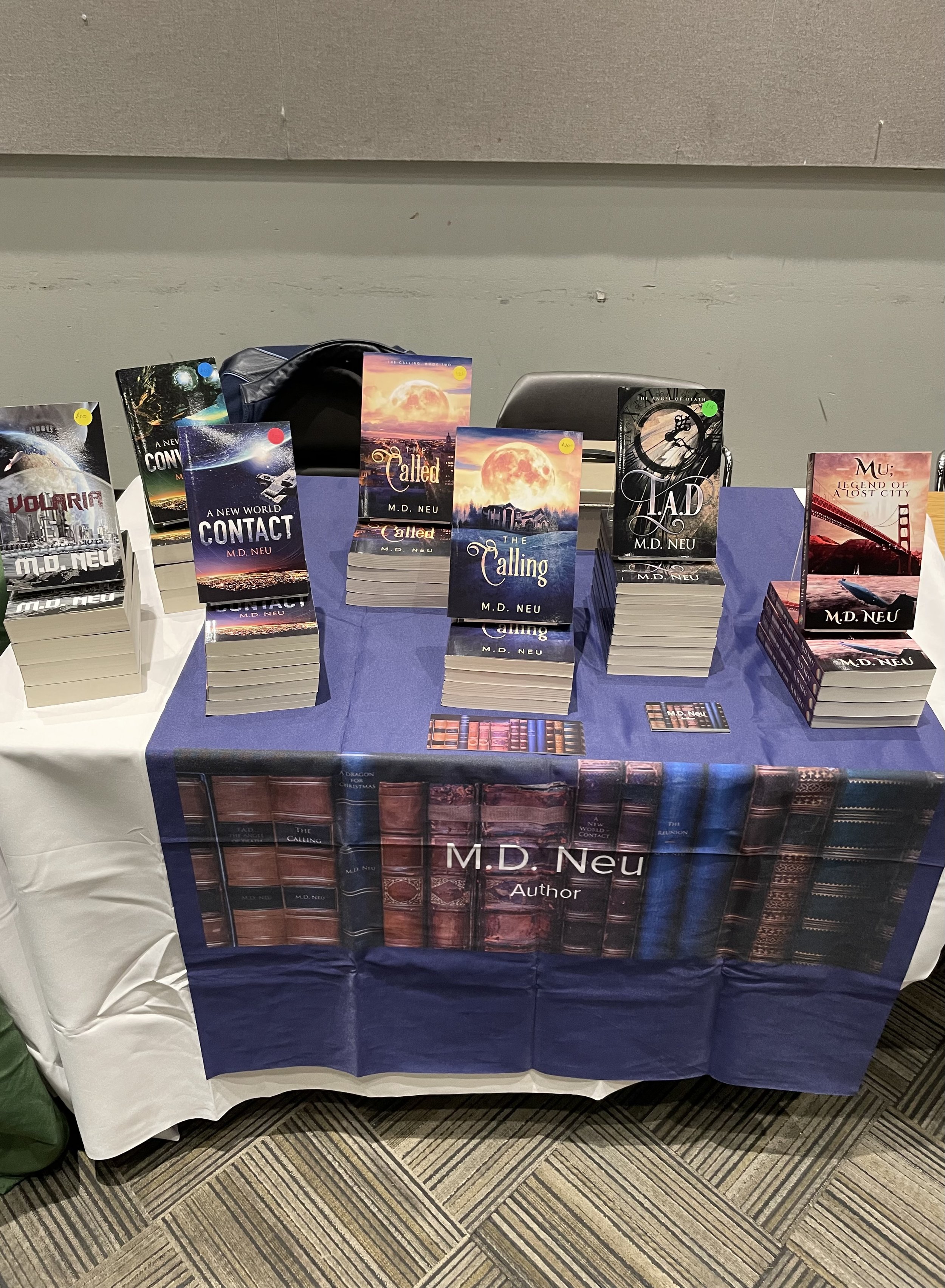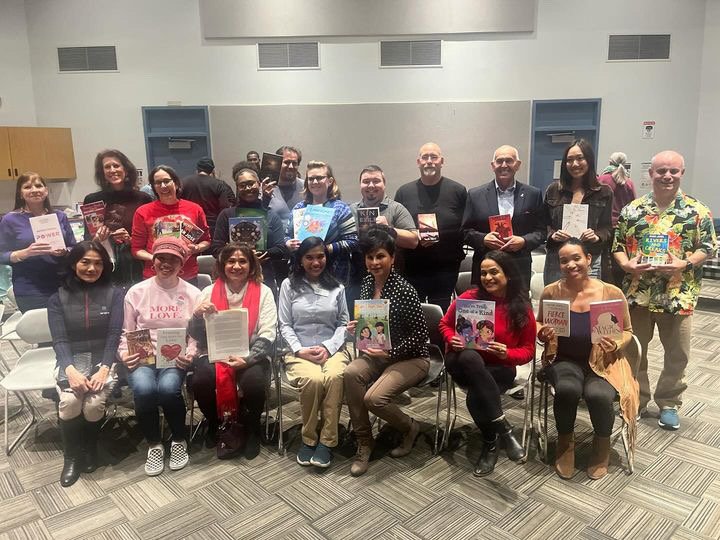The advice all authors get is to keep writing and reading, build up your backlog of books. That is the only way to get better royalties and with better royalties comes the opportunity to afford to go to literary festivals like Saints and Sinners. Another must get those reviews. Reviews equal exposure and the exposure turns into money. This is why you’ll see authors begging for readers to review their works (myself included). When it comes to reviews, remember the author is not the only one looking for reviews. There are thousands of authors out there and there are only a limited number of reviewers. Some publishers will have a list of reviewers they work with, which is helpful. NineStar is building out that list, which will be a great help. However, finding review sites and people willing to review your work is mostly up to the author.
I have a small list of reviewers that I’ve created and with whom I contact when I have a new book out. Still, those few reviews aren’t enough. You need hundreds of reviews to be a blip on anyone’s radar.
Another avenue for authors to build a following and sell books is to get their works in all the local bookstores and libraries, this again is something the author has to do on their own, yes, the publisher will ensure your books are available for bookstores and library to buy, but as for getting your books into a local bookstore, that is up to the author. I have a list of LGBTQIA book stores I email and let know when I have a new book coming out. Some have been responsive, which is wonderful. Also, I have a list of local book stores who I contact as well, in hopes they will carry my books, or better yet, let me come and do a reading.
I’ve heard in large publishing houses they have people who will do this, which is wonderful. But again, small publishing houses don’t have that kind of capacity, which is a shame.
Being part of a small publishing house is a lot of work and with each new book title, you continue to learn more and improve on what you have already learned. As a small house author, you have to build up your network of followers and build opportunities for yourselves, because no one, not even the big five publishers are going to give you a pass on selling your work. Sure, they have more resources to do more, but that doesn’t mean you aren’t involved. I’ve heard having a book agent can help (but they will take a cut of your royalties) in all areas of marketing, but getting an agent, let alone a good, well-connected agent is challenging. I know authors who are much farther down the path of their author career with several more books out than me, who still can’t find an agent. Which is a shame because these authors are amazing.
Additionally, part of my publishing journey has included the realization that I have to spend a lot of my money to hopefully accomplish my dream of becoming a well-known career author. To date, I’ve spent more than I’ve earned… that’s right… let that sink in… as of the writing of this article, I’ve yet to turn a profit. That was something I never thought would be the case. This lack of profit is also why I have my full-time job and am lucky if I can publish one to two books a year (with the pandemic it’s been more like one book a year) which I will admit is frustrating as I have books written, but they are in the queue with my publisher.
Ah, that is another thing. As a small house published author, you have to have a lot of patience because publishing has its own time schedule. You may have two, three, five, ten books ready to go, but your publisher decides when they will be edited, proofed, have cover art created, and finally when they will be released. All decisions that are out of your hands, so patience is key. Patience is also something I’ve had to learn quite a bit of and I can admit to you all that I’m not a big fan. NineStar has offered to translate my books into Spanish, which is wonderful, however; patience. I have to wait for my turn for my books to be translated. I don’t how long this will take and I can’t even be sure having my works translated will ever happen (unless I pay for the translations myself). My problem is I’m used to working in a world where deadlines are created and we live and die by them. There are no delays. The world doesn’t stop moving for one reason or another. Work still has to be done and there are still expectation and obligations that must be met. Yes, there is some of that within these small publishing houses, but their time lines and their sense of urgency differ completely from what I’m used to or, if I’m honest, had hoped for. This isn’t one publishing house, this is the industry, even the big five, from what I’ve heard.
I don’t want you to read this and think that I’m not happy with being part of a small publishing house, because I’m grateful to them for the opportunities they have given me. I’m also grateful for the education I’ve gotten when it comes to publishing. Publishing is not as easy or as glamorous as you see in movies or TV. Being a published author means you have a lot of work ahead of you and you have to learn a lot, and become a lot if you want to make writing your career.
Given all that I’ve learned and all that I continue to learn. And all the hardships (which there have been many) being an author in a small publishing house hasn’t been bad. I can say I’ve enjoyed most of it. I’ve met great people and learned a lot. I can’t wait to see where this all goes and what else I’m going to learn. What do you think being an author for a small publishing house was like? Did you think it would be like this? Or did you have some other vision? I’d love to hear what you think.
That’s all for now. Until next time, have a great week.











